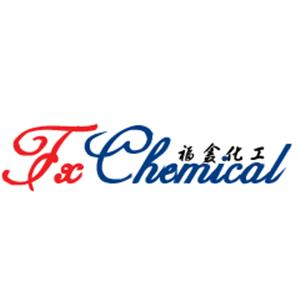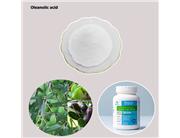Linoleic acid is an essential polyunsaturated fatty acid that is part of the omega-6 fatty acid family. It is crucial for human health because the body cannot synthesize it, meaning it must be obtained through the diet.
Key Points:
Chemical Structure: Linoleic acid has 18 carbon atoms and two double bonds (18:2), with the first double bond located at the sixth carbon from the omega end, making it an omega-6 fatty acid.
Dietary Sources: It is commonly found in plant-based oils such as sunflower, safflower, soybean, and corn oil. It is also present in nuts and seeds.
Biological Role: Linoleic acid is a precursor to other important molecules, such as arachidonic acid, which plays a role in the inflammatory response and cell signaling. It is also necessary for the formation of cell membranes and the maintenance of healthy skin.
Health Implications: While linoleic acid is essential, an imbalance between omega-6 and omega-3 fatty acids in the diet may contribute to inflammation and various chronic diseases. Thus, maintaining a balanced intake of these fatty acids is important.
Linoleic acid has several applications across various industries, primarily in health, cosmetics, and food.
1. Health and Nutrition:
Dietary Supplements: Linoleic acid is used in dietary supplements to help ensure adequate intake of essential fatty acids, especially in populations at risk of deficiency.
Medical Nutrition: It is included in formulations for enteral and parenteral nutrition, especially in cases where patients cannot consume food normally.
2. Cosmetics and Skincare:
Moisturizers and Lotions: Linoleic acid is a common ingredient in skincare products due to its ability to maintain the skin's barrier function, reduce water loss, and improve skin hydration.
Anti-Inflammatory: Due to its role in modulating inflammation, linoleic acid is used in products designed for sensitive or acne-prone skin to help reduce redness and irritation.
Anti-Aging: It is also used in anti-aging formulations because it helps maintain the skin's elasticity and prevents the formation of fine lines and wrinkles.
3. Food Industry:
Cooking Oils: Linoleic acid is a significant component of many vegetable oils used in cooking and food processing, such as sunflower, safflower, and corn oil.
Margarine and Spreads: It is often found in products like margarine and plant-based spreads, contributing to their fat content and nutritional profile.
Fortified Foods: Some food products are fortified with linoleic acid to enhance their nutritional value, particularly in the context of promoting heart health.
4. Pharmaceuticals:
Drug Delivery: Linoleic acid can be used in the formulation of drug delivery systems, particularly in the development of lipid-based carriers that improve the bioavailability of certain medications.
Topical Medications: It is also used in topical medications for conditions like eczema, psoriasis, and other skin disorders where the restoration of the skin barrier is essential.
5. Industrial Applications:
Biodiesel: Linoleic acid-rich oils are sometimes used in the production of biodiesel due to their renewable nature and high-energy content.
Lubricants and Surfactants: In some cases, linoleic acid derivatives are used in the production of environmentally friendly lubricants and surfactants.
Overall, linoleic acid is a versatile compound with applications that span from improving human health to enhancing industrial products.
Package

Shipping

Company information




 China
China




